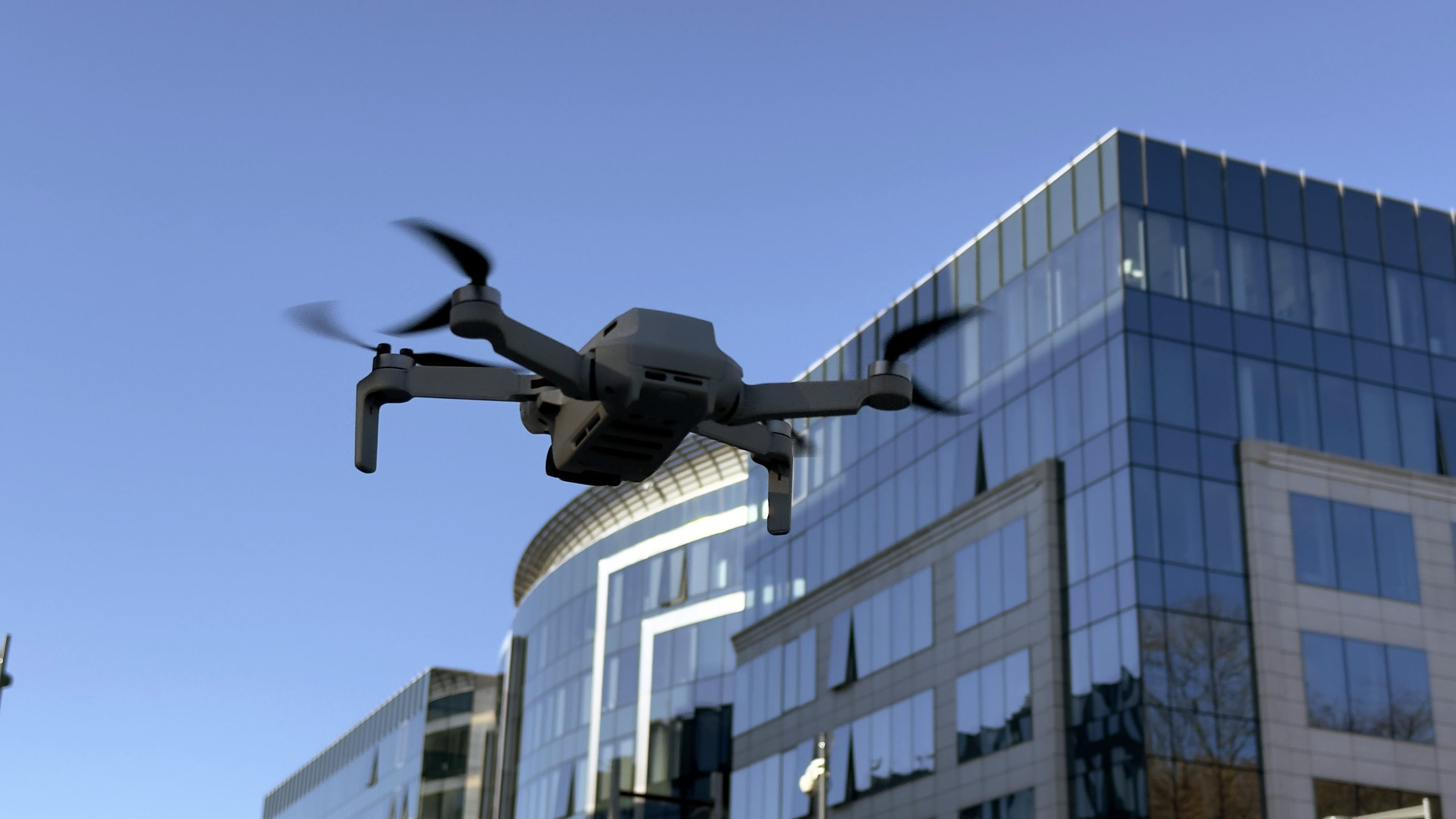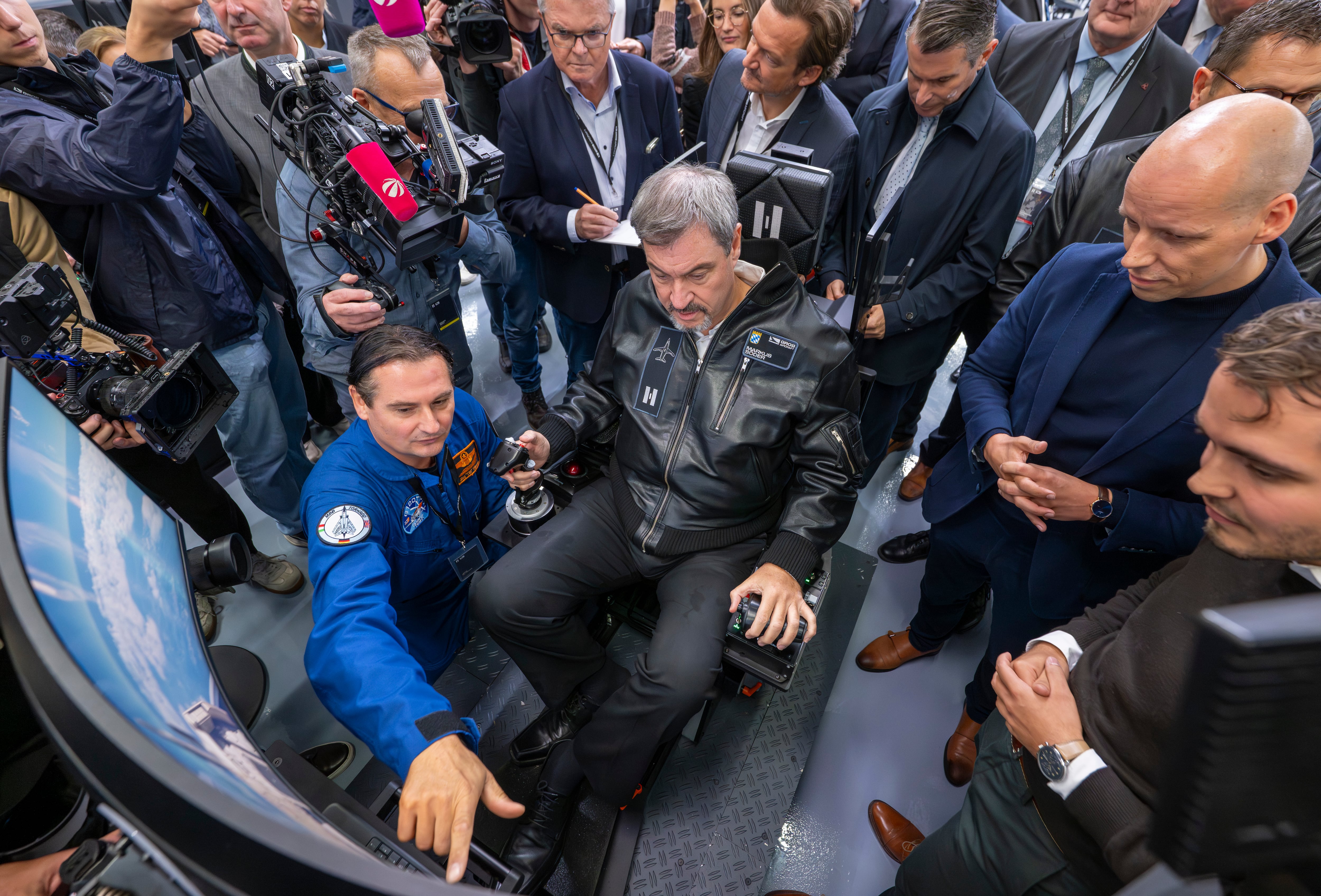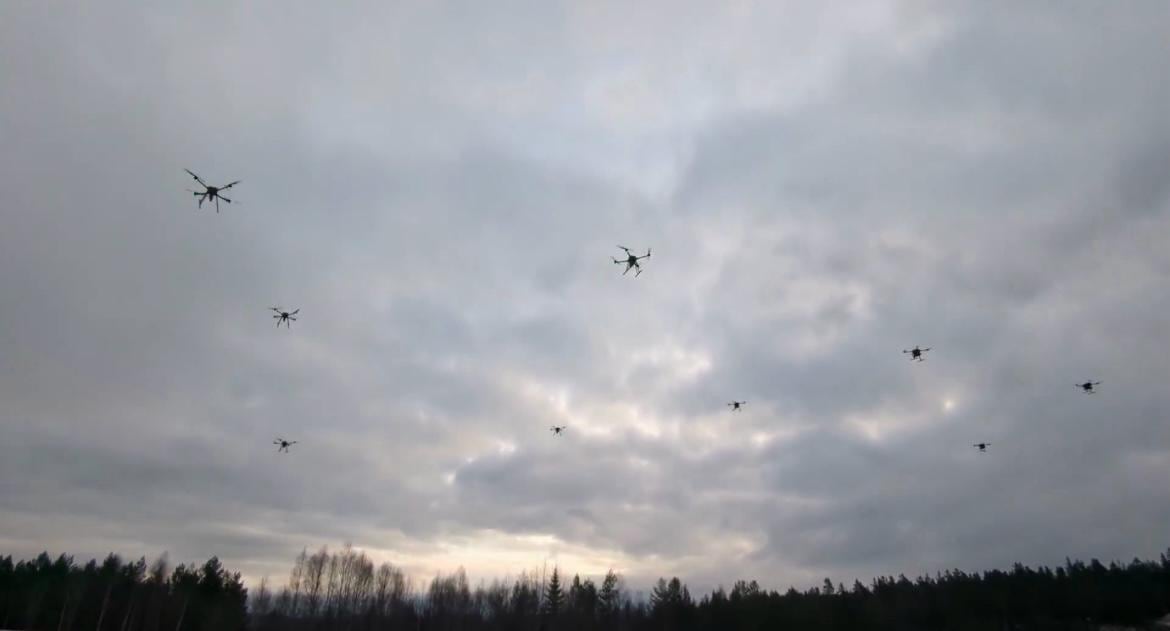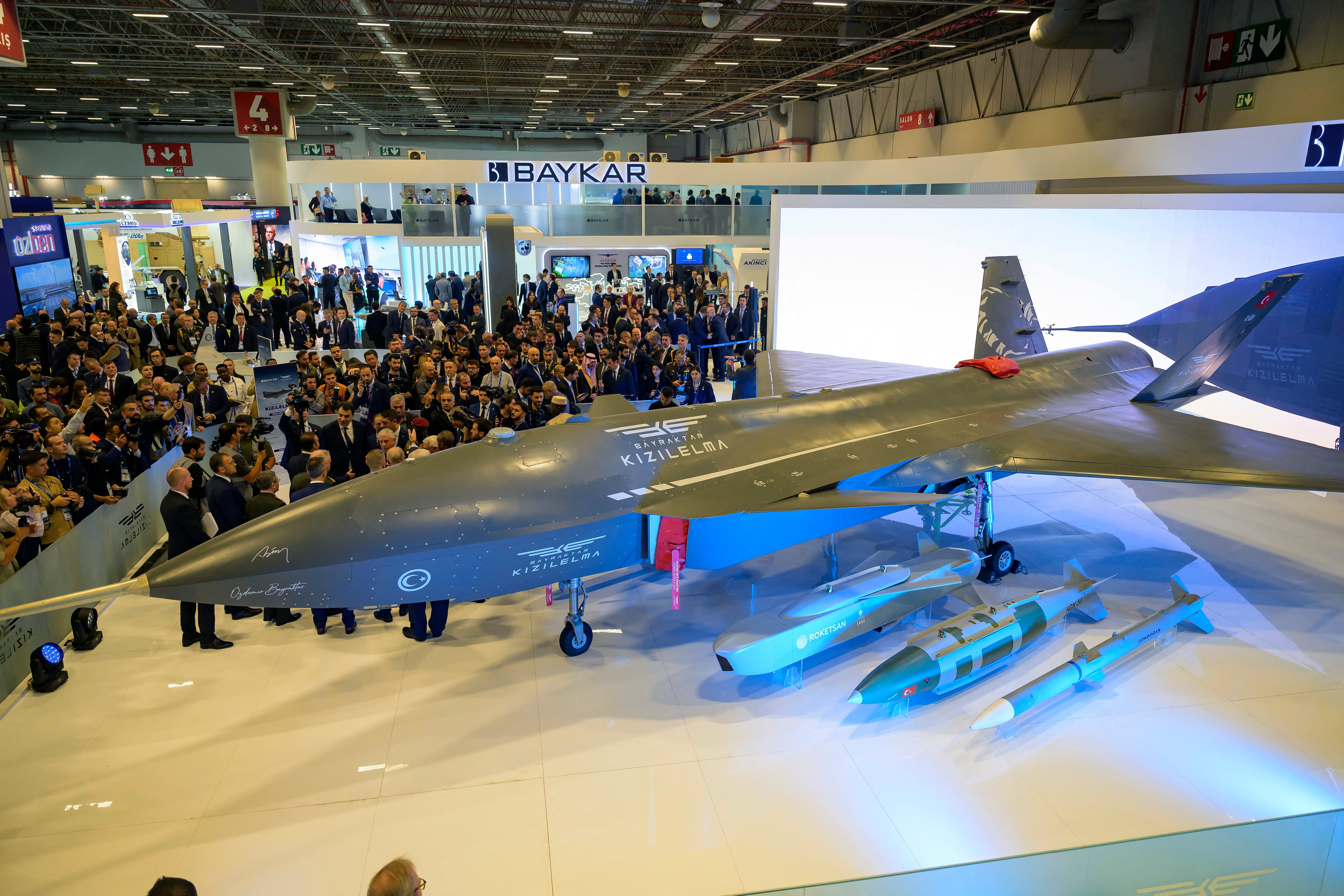LONDON — Britain needs to start ordering a new generation of satellites by 2018 if it wants to replace the Skynet 5 spacecraft currently providing the military with communications capabilities by 2022, according to Colin Paynter the managing director of the UK arm of Airbus Defence and Space.
"The current concession [to provide a satellite communication service] ends in 2022. To build a satellite needs around four to four and a half years depending on what new developments they go for so they have to be willing to place the infrastructure program by 2018," Paynter said in an interview just ahead of the opening of the DSEI defense show in London this week.
The Airbus Defence boss said that while the Skynet 6 program was firmly on the company's radar screen, the specification hadn't emerged from the MoD as the armed forces continued to do their internal work to develop that.
"I would look to do some technology demonstrations next year and then do some formal procurement in 2017," he said.
Airbus has been providing the British military with a satellite communications service since it signed a private finance initiative (PFI) deal worth billions of pounds with the MoD in 2003. The original deal was extended and now covers four Skynet 5 satellites, supporting ground stations and other infrastructure until 2022.
The Airbus ground stations, which sit on government-owned land, will be handed over to the MoD in exchange for a pound when the deal ends.
Paynter said it remains unclear how the MoD will contract for its communications satellites in the future but thought it unlikely it would go down the PFI route as that method of funding had largely fallen out of favor with the government — even though the Skynet 5 scheme had worked well.
"I think if they have the capital budget they will buy the spacecraft this time round and contract out the service provision. They are not likely to tie themselves into a PFI, although it's always an option," he said.
It's possible the current deal could be extended again, easing MoD budget demands as big ticket items like the Successor nuclear missile submarine program hits its stride.
"It's up to them. It's there, certainly they could ask us to do that. Their current program though is aimed at doing something by the end of the concession."
Paynter said Airbus could offer service for up to another three years primarily based on the two newest satellites of the four in operation.
"We could certainly do that with Skynet 5C and 5D. We wouldn't be able to make guarantees on the earlier two satellites even though we have some confidence they have been well managed," he said.
Airbus has not just been providing satellite communications for the British. The satellite system was built with excess capacity, which the company has been exporting in an arrangement that sees the MoD receive a share of the profit.
Some 11 countries have used Skynet 5 at various times and for various uses — Norway being the most recent to announce a deal.
With UK approval, Airbus recently took the risk on its own balance sheet to move one of the satellites to Asia to offer capacity to the US and other allies in the region. The spacecraft will also be available to British forces operating in the Asia-Pacific region.
Airbus announced Sept. 15 it had completed the 67,000-kilometer move of Skynet 5A east having started the move in mid-June.
Paynter said the spacecraft's ability to resist interference could be particularly attractive to allies in the region. The company is building a ground station in Australia to manage the satellite.
Email: achuter@defensenews.com
Andrew Chuter is the United Kingdom correspondent for Defense News.








